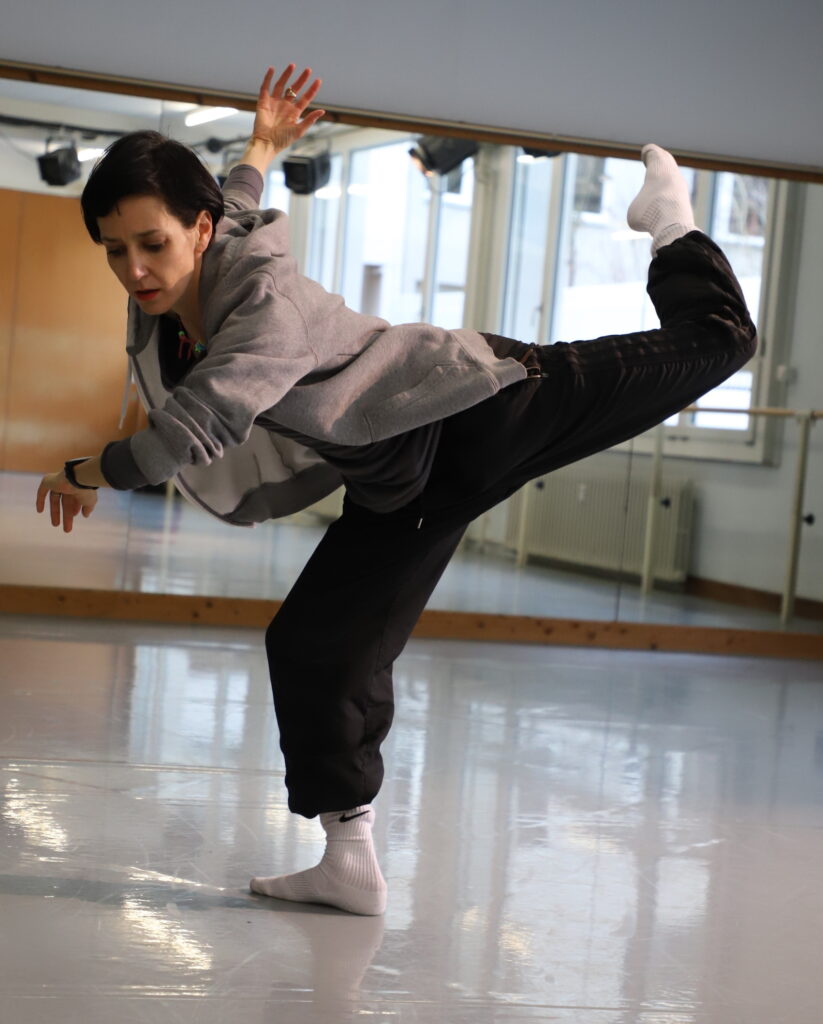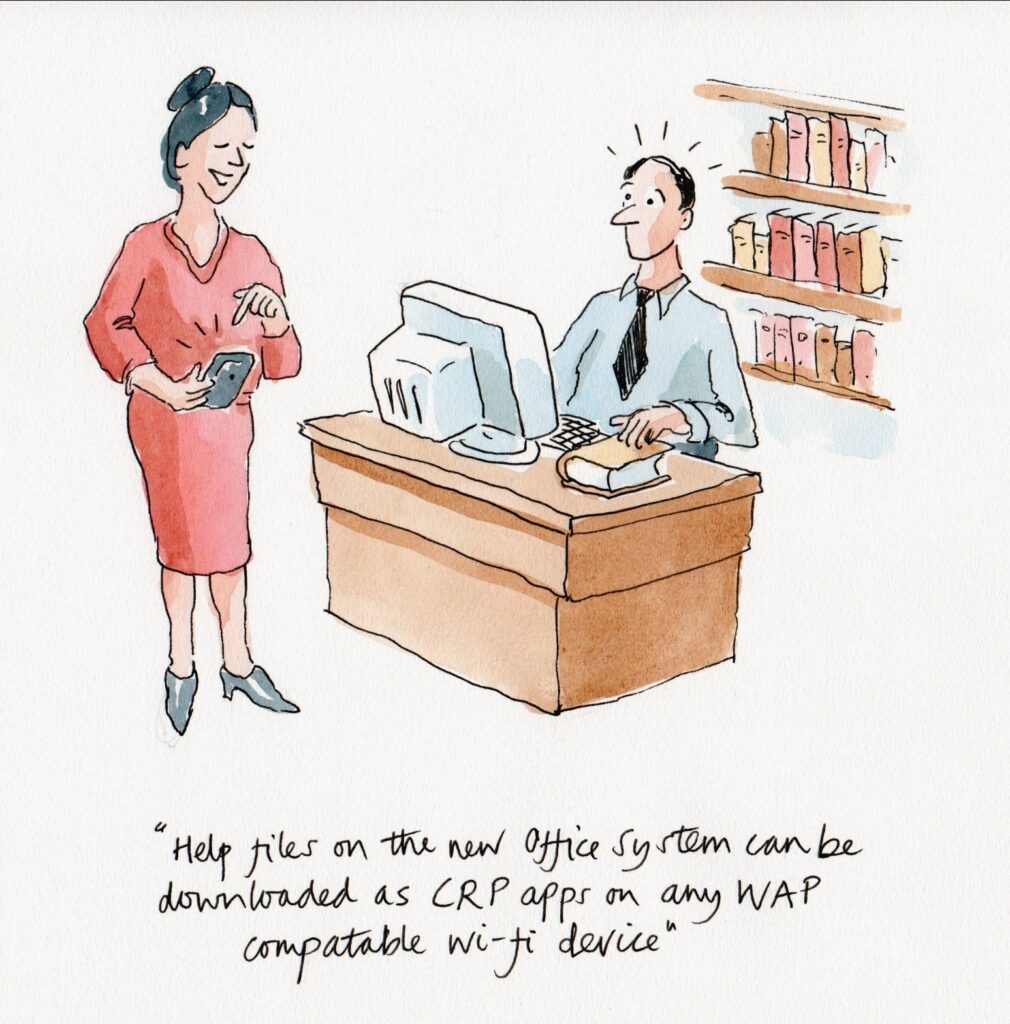
The dictionary definition of ‘agility’ is: ·“the ability to move quickly and easily” ·“the ability to think and understand quickly” ·“the skills of pivoting quickly.”
Until I looked up the definition of agility, I had always associated the word just with the physical, NOT the brain and thinking.
Covid-19 and its impact on businesses has been a great example of agility at work! 10 years of change accelerated into 1 year. We have all been thrown ‘in the deep end’ at work by Covid-19!! Zoom and Team, on-line webinars etc.
So how do you create career agility? Is it a mindset, a skill, a behaviour, an attitude or something else?
Research by Warwick University in 2011 identified 5 career adaptability competencies – the ‘5 Cs.’
5 career adaptability competencies
CONTROL – being proactive, decisive & taking responsibility for your career;
CURIOSITY – broadening your horizons by seeking options, possibilities and knowledge;
COMMITMENT – passionately pursuing & taking action to move to the career horizon of your choosing;
CONFIDENCE – belief in yourself & that you can achieve your goal;
CONCERN – having a positive & philosophical attitude to mistakes or rejection.
Source: Warwick University Aug 2011.
For me, this quote sums up career agility.
“When the winds of change blow, some people build windmills, others walls.” Chinese Proverb.

Career agility is a fascinating topic which gets me thinking about what it involves. It is quite multi-faceted!
It is about all these things or something else?
- Technological agility?
Technological agility is becoming career critical.

- Political agility?
- Skills and knowledge agility?
- Career pivot agility – in response to trends?
- Career choice: Portfolio career = agile career
- Thinking agility as a competitive edge?
- Career plan ‘A’, ‘B’ and ‘C’?
What would you add?
What are career agility behaviours?
My research into the topic has shown that these are the behaviours that enable career agility:
- Consistently respond to not resist change.
- Rotate your career from your interests + drive.
- Create opportunities around your skill sets + motivations.
- Be adaptable and flexible with change.
- Possess/cultivate curiosity + resilience.
- Take responsibility for your own career.
- Follow/leverage trends – stay ahead.
- Seek formal and informal advice/mentors.
3 questions to ponder more on the topic of career agility.
How career agile are you?
Is career agility a form of ‘intelligence’?
Is career agility a skill that can be learnt, or a mindset?
To receive a free Energise career agility self-completion questionnaire, get in touch: https://www.inspiringportfoliocareers.com/contact-us/
